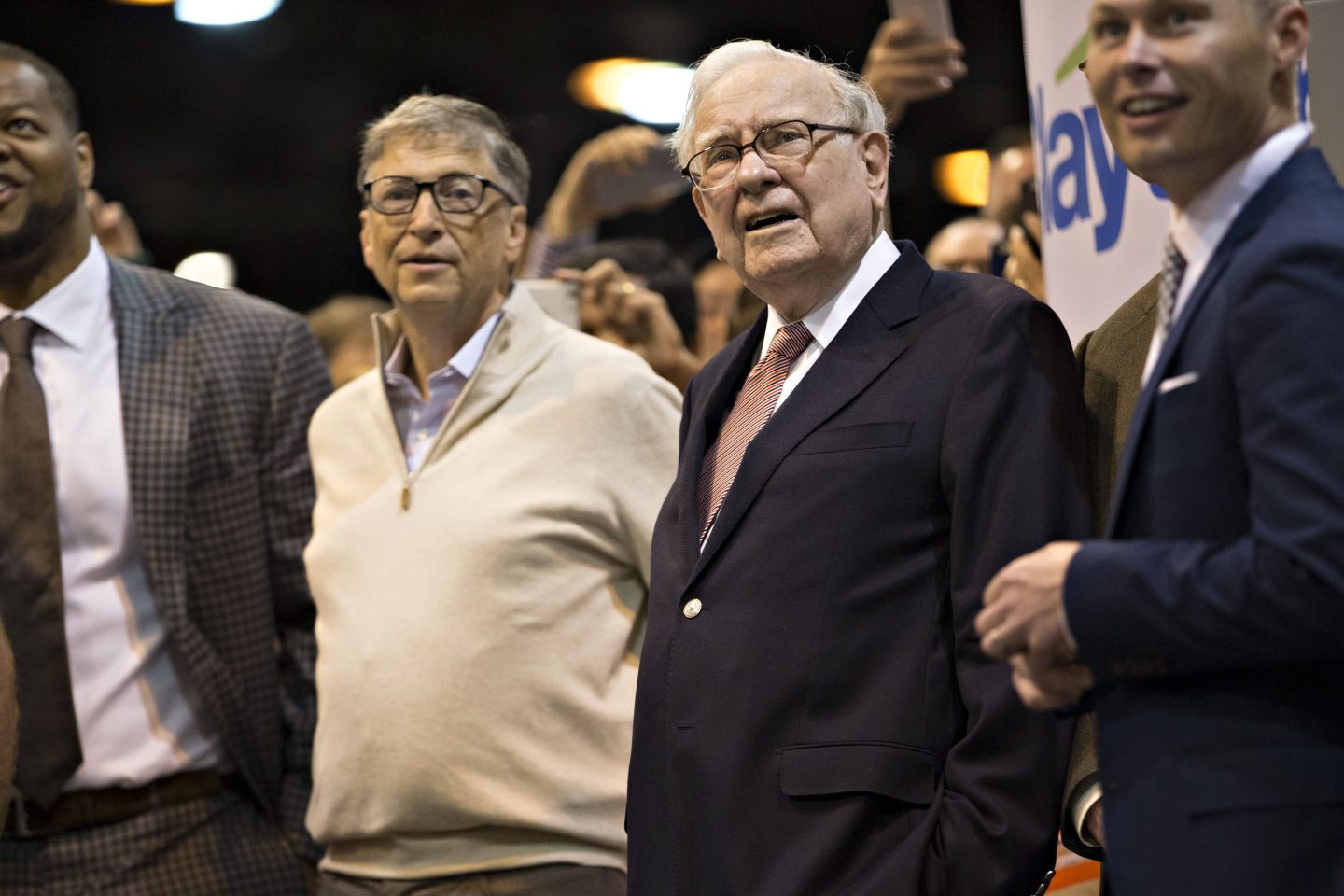We’ve come to accept that the world is doomed. But a closer look at our long-term prospects paints a much rosier picture.
By Michael Elliott, contributor
At a recent lunch with Klaus Schwab, the founder and executive chairman of the World Economic Forum, I suggested that the WEF’s annual meeting in Davos, Switzerland, feature someone making the case for optimism in the global economy. A fellow diner challenged me to make it. So here we go.

Short-term first. Over the next year, I expect the recovery to continue in the U.S., Europe, and the developing world. The last is unsurprising; by now, we’ve gotten used to what was the poor world leading us out of recession. That will proceed this year, with around 9% growth in China and a little less — say 8.6% — in India. Europe will muddle through its sovereign-debt crisis. Exports will lead growth in France and Germany, and Britain will get on the track to recovery too. Russia, boosted by buoyant prices for commodities, especially oil, will manage more than 4% growth.
As for the U.S., recovery is slow and fitful, but the December jobs report, with the unemployment rate falling from 9.8% to 9.4%, was encouraging to me, with decent private-sector job growth. (Jobs will continue to be shed this year in state and local governments.) The prospects for manufacturing exports are excellent, with tightening labor markets in the developing world, especially China, and a weaker dollar — by Federal Reserve calculations, the greenback has fallen some 13% against a trade-weighted basket of currencies since its recent high in early 2009.
In the medium term, things look brighter still. Over the next 10 years, the big story in the world economy will be the growth of a global middle class, with families in China, India, Latin America, and parts of Africa starting to develop an appetite for the sort of consumer goods and services that the rich world has long enjoyed — along with the ability to pay for them. This gradual spread of prosperity across the world over the next few decades will offer unparalleled opportunities. There’s a lot more money to be made from billions of people with modest tastes than from a few with outrageous ones.

It’s in the long term, however, that the case for being cheerful becomes most interesting. We’ve gotten used to the idea that war, famine, deadly climate change, or — I don’t know — annihilation by asteroid is our inevitable fate. But in The Rational Optimist, one of the most important books of 2010, the science writer Matt Ridley (who, I should say, is an old friend and former colleague of mine) dismissed the doomsayers out of hand.
He took the insight of 19th-century economist David Ricardo that trade boosts economic specialization and efficiency and applied it to the behavior of our species. Ridley argued that the process of social exchange — or “ideas having sex with each other” — has demonstrably led to continued improvement in the human condition. Moreover, since in a networked world it is easier than ever to exchange ideas, this improvement will continue. It isn’t “necessity that is the mother of invention,” Ridley told me. “Prosperity is; connectedness is; linkages are.” Economic evolution, he argues, “will raise the living standards of the 21st century to unimagined heights.”
Sure, I found stuff to quibble with in Ridley’s thesis, and so will you. Reading The Rational Optimist, I kept thinking of that famous passage in John Maynard Keynes’s 1919 book, The Economic Consequences of the Peace, when he imagined a Londoner (sipping his morning tea in bed) enjoying the fruits of the first great wave of globalization before World War I. Such a man, said Keynes, would have regarded his happy state of affairs as “normal, certain, and permanent, except in the direction of further improvement, and any deviation from it as aberrant, scandalous, and avoidable.” The guns of August 1914 put paid to such dreaminess.
But there’s no rule of life — or economic progress — that says history has to miserably repeat itself. This year, this decade, this century, there’s much to look forward to.
Man, I feel better already.
Making sure Davos doesn’t risk its future













